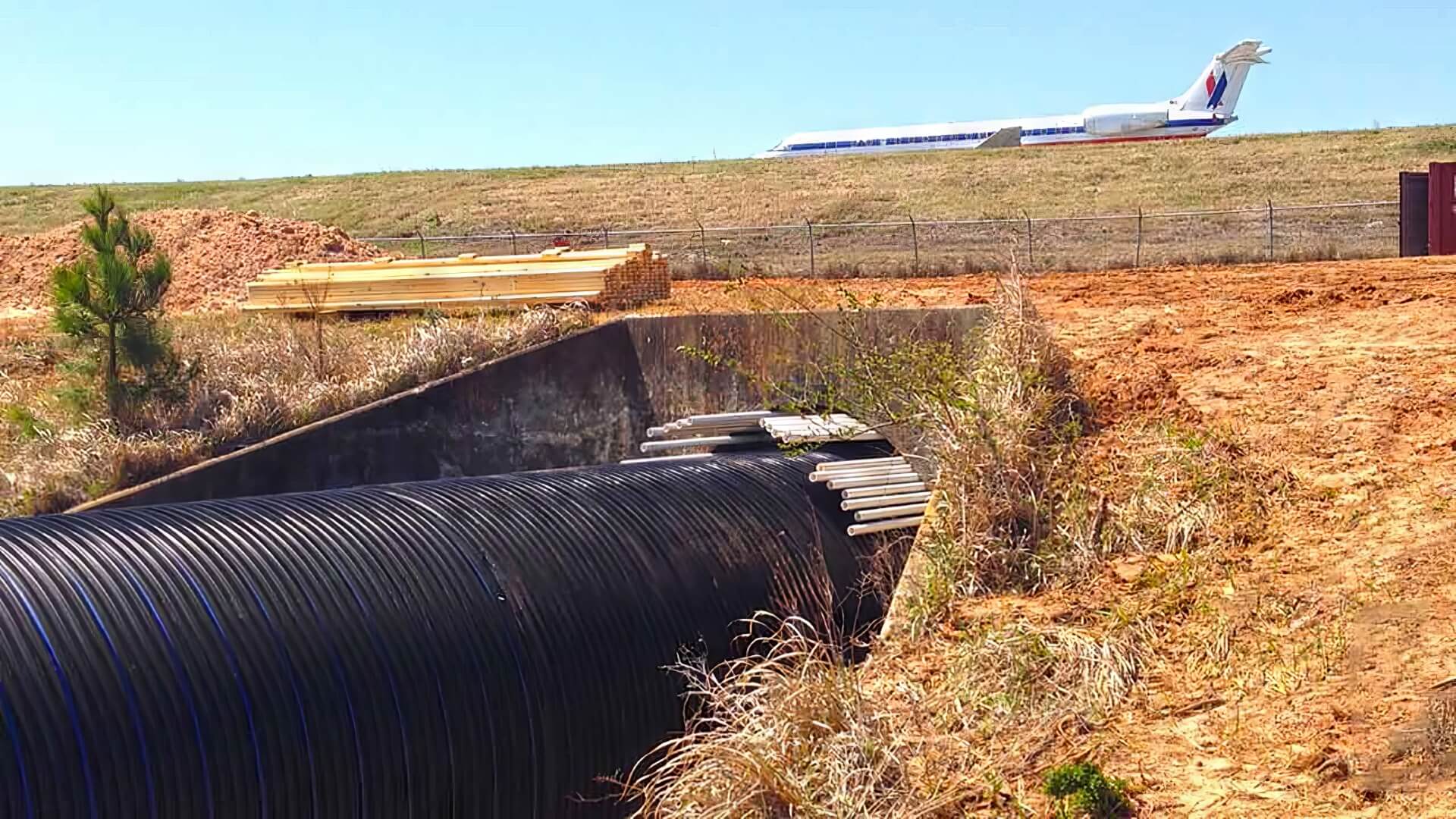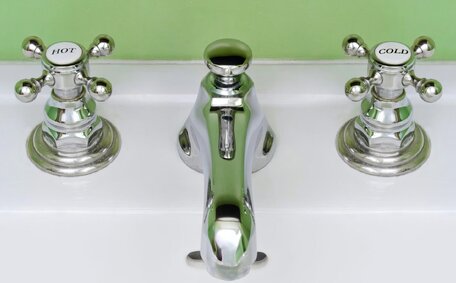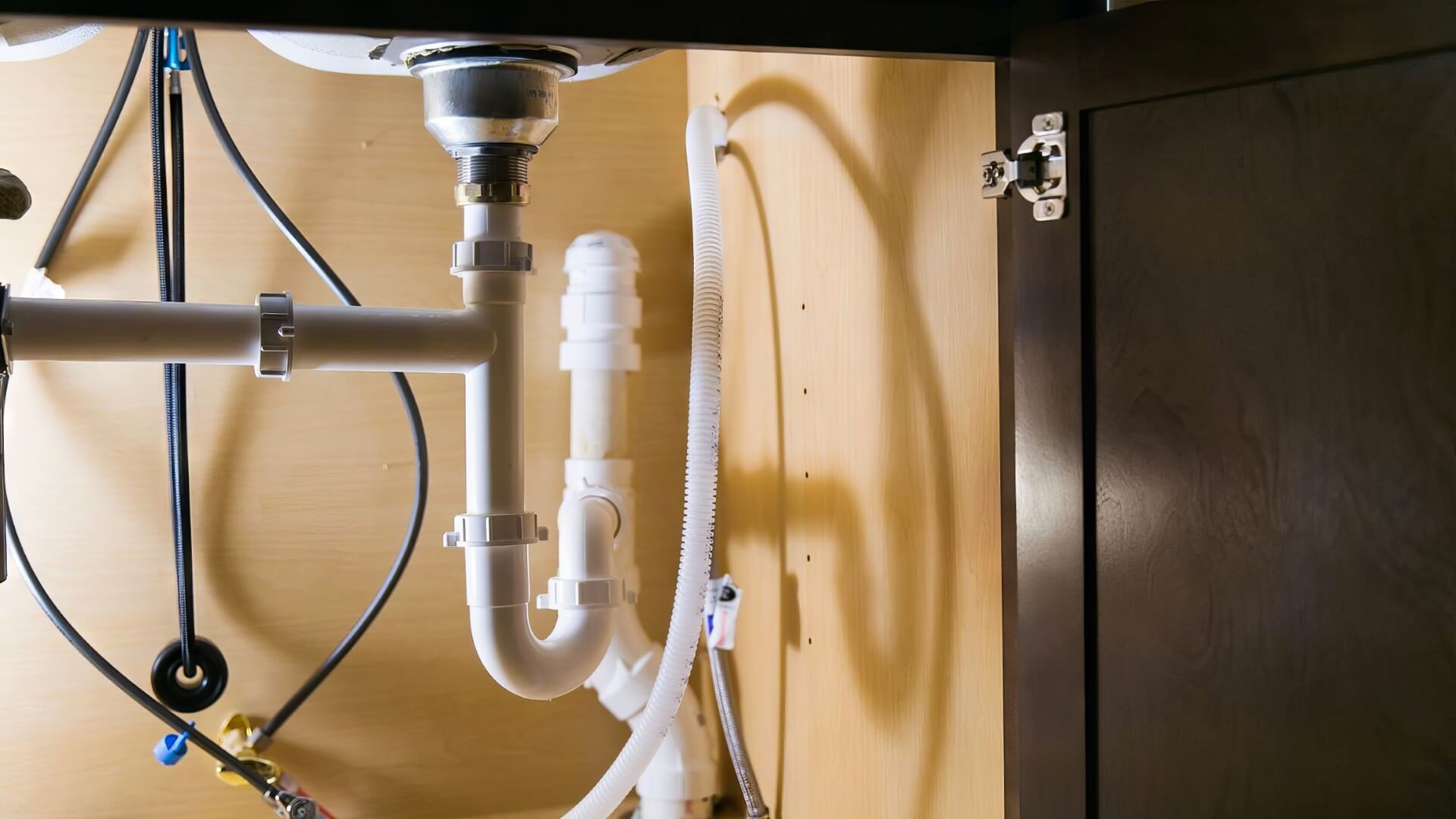
Does Pipe Relining Increase Property Value?
Pipe relining fixes damaged pipes without digging or replacement. It prevents leaks, damage, and improves drainage. This increases property value and saleability for under $2000.
Read MoreHot water is essential in Australian households, used daily for showering, laundry, and cleaning. Recently, electric water heating technologies have significantly advanced, promoting remarkable efficiency, reduced costs, and environmental sustainability.
While past hot water systems typically used natural gas or solar power, newer innovations such as tankless and heat pump water heaters offer on-demand heating with less energy consumption.
Tankless water heaters provide hot water directly from the mains, preventing the standby energy losses seen with storage tanks. Heat pump water heaters employ direct energy transfer to shift heat from the air to water, using up to 70% less electricity compared to traditional models. Solar heat pump hot water systems and geothermal technology harness renewable energy to offset utility costs, complemented by efficient water storage solutions.
This article will delve into the latest water heater advancements and how they can benefit Australian households through lower energy bills, smaller carbon footprints, and government rebates. With so many types hot water systems now on the market, it’s easier than ever to find the perfect fit to satisfy your home’s hot water needs.
Tankless or on-demand water heaters are an innovative space-saving alternative to traditional tank-style systems. As the name suggests, tankless heaters provide storage hot water instantly without the need for a bulky tank. A tankless water heater, using either electricity or gas, quickly heats water as it runs through a heat exchanger, instantly providing hot water on demand.
Tankless systems use up to 25% less energy than traditional tank water heaters because there’s no need to continuously maintain a heated water supply. The compact size of tankless systems leads to more efficient energy usage and versatile installation options in limited spaces, unlike bulky tanks. Tankless heaters are ideal for smaller households, providing a continuous supply of hot water without depleting.
Electric gas water heaters, often dual-fuel models, typically feature higher flow rates suitable for larger dwellings, while their purely electric counterparts are ideal for apartments, granny flats, and holiday homes. Going tankless reduces standby losses, lowers energy bills and decreases greenhouse emissions. With energy prices soaring, tankless water heaters make increasing sense for eco-conscious households looking to save on their utility bills.
Heat pump water heater technology stands out as an eco-friendly choice, potentially offering annual savings through efficient heat extraction and transfer methods. Unlike conventional electric water heaters or gas units that create heat directly, heat pumps draw in thermal energy from the ambient air or the ground to heat the water.
Air-source heat pumps, functioning opposite to air conditioners, absorb heat from the air and transfer it to water, effectively warming it.
Geothermal heat pumps facilitate energy transfer by tapping into subterranean heat through circulating water or anti-freeze solution in underground pipes called a ground loop. The constant underground temperature provides an abundant source of warmth to transfer into the water.
Since they don’t have to create heat from scratch like traditional systems, pump hot water systems are highly efficient, using around half the electricity of electric resistance heaters. Heat pumps, one of the most common heating technology selections in warmer climates like Australia, using less electricity and making them a practical eco-friendly solution for households wanting to reduce their environmental footprint.
This results in lower energy bills and carbon emissions.
Heat pump water heaters can be installed as standalone units with integrated storage tanks, or retrofitted to work in conjunction with existing hot water tanks. Their efficiency and impact on reducing overall energy use make them a smart, future-focused option for homeowners wanting to embrace renewable technology and benefit the planet.
Solar water heating systems capture and convert the sun’s energy to heat water using roof-mounted collectors. Cold water flows through solar collector panels which soak up the sun’s heat before being cycled to an insulated storage tank, demonstrating how water heaters use solar energy efficiently and primed for use.
Harnessing Australia’s ample sunshine, solar hot water systems can meet up to 90% of domestic water heating requirements annually. This results in more than just savings on energy bills compared to electric or gas heaters. Solar’s minimal greenhouse emissions establish it as not only a smart but an environmentally friendly choice as well.
There are two main types of solar water heating systems suitable for different home configurations:
For optimum efficiency and eligibility for government rebates, a professional water heater installation is highly recommended. With the right policy context and ample sun exposure, solar hot water can provide decades of free renewable energy and significant cost savings for Australian households wanting to go green.
Smart home innovations are enhancing hot water systems with improved efficiency and user-friendly features. Modern WiFi-enabled and app-controlled water heaters now provide monitoring and scheduling for on-demand hot water.
Connected systems can harmonise with smart platforms, streamlining your hot water service controls alongside devices like Amazon Alexa or Google Home. Leak detection sensors proactively alert owners of any plumbing issues swiftly, thereby safeguarding your water service integrity and avoiding wastage or property harm.
These smart heaters enable remote temperature control, automatic scheduling and energy usage tracking.
Smart water heaters can capitalise on your electricity tariff, optimising energy efficiency by heating water during off-peak hours when electricity rates are decreased. Location-based control allows you to ensure there’s ample hot water ready when you get home from work. These smart functionalities deliver convenience while reducing energy consumption.
With straightforward installation and intuitive mobile apps, new water heater technologies become an appealing option for forward-thinking households. As smart technology and home automation continues advancing, the integration possibilities will only increase over time.
Hybrid water heating systems combine multiple technologies like traditional tank, tankless, and heat pump to maximise energy efficiency. By integrating the strengths of each system, hybrids aim to provide optimal water heating while contributing to net zero energy usage and costs.
A hybrid may consist of a heat pump for the bulk of water heating needs plus a secondary on-demand tankless heater during periods of peak demand. Some systems alternate between heat pump and conventional elements depending on ambient conditions to maintain efficiency.
Hybrid water heaters’ adaptable settings cater to diverse household needs, adjusting heating modes to match usage patterns. This intelligent automation helps optimise energy savings throughout the year.
Hybrid systems contribute to sustainability by using the most efficient technology available at any given time. Reduced power consumption leads to lower greenhouse gas emissions.
Professional installation can help to properly configure hybrid water heaters for maximum efficiency. With optimal configuration, hybrids can deliver an ideal balance of convenience, cost savings and eco-friendly performance.
Under-sink and point-of-use heaters offer an efficient water heating solution for targeted areas. These compact units, installed under sinks or countertops, deliver instant hot water by avoiding the need for lengthy pipe runs from a central system.
Small electric heaters, with 2-6 litre capacities, are effective for immediate hot water in kitchens, simplifying dishwashing and meal prep. For bathrooms, an electric hot water system, propane, or natural gas tankless heaters offer continuous hot water for faucets and showers.
The main benefits of under-sink and point-of-use heaters include:
Choosing the correct size and power rating for under-sink heaters is crucial to match them to your specific requirements. Gas hot water system models normally require proper ventilation. It’s prudent to book service from professionals to guarantee correct clearances, safety and optimal performance.
Targeted under-sink and point-of-use water heaters provide efficient, cost-effective hot water where you need it. They can also work in conjunction with central heaters to provide an extra boost during peak usage.
The Australian government provides rebates and incentives for households to upgrade to energy-efficient and eco-friendly hot water systems.
Grants are available for immediate installations when transitioning to solar hot water systems, heat pumps, or when replacing electric storage heaters with gas systems. Eligibility criteria apply. Rebates off the upfront costs of purchase and installation help offset the more expensive price tags of these high-efficiency systems.
The Federal Solar Hot Water Rebate provides discounts on solar and heat pump hot water system installations. State-level programmes like the NSW Energy Savings Scheme also offer incentives for eligible households. Utility providers such as Origin, EnergyAustralia and AGL have additional rebates when purchasing certain models.
Upgrading older electric storage, instant gas or off-peak hot water systems to environmentally-friendly solar or heat pump systems can attract combined rebates up to $2,200 in NSW, $1,800 in QLD and up to $1,000 in VIC. Households can hasten the return on investment by obtaining available incentives.
Review government and utility websites for the latest information on incentives available to assist in phasing out gas systems or contact an eco-friendly plumber to discuss your upgrade options. With generous incentives available, now is a great time to switch to an energy-efficient hot water system that will save money and reduce your carbon footprint.
Selecting the ideal hot water system for your home depends on several factors like household size, usage patterns, climate and budgets. Carefully evaluate your needs to choose a system that provides reliable hot water while maximising efficiency.
For families with high usage, storage tank systems efficiently meet their significant hot water demands. Their consistent heating ensures the hot water supply doesn’t run out. Smaller households may benefit from the sleek design of a tankless water heater which offers hot water on demand without the need for a bulky storage tank.
In warmer regions like Australia, energy-efficient heat pump or solar water heaters are practical eco-friendly choices that harness renewable energy to significantly reduce electricity costs. Where natural gas is available, gas hot water heaters offer an immediate and efficient supply of warmth.
Consider upfront costs, ongoing expenses, lifespan, and maintenance when evaluating the cost-effectiveness of different hot water systems, including available government rebates.
Newer options like smart water heaters, hybrid systems and under-sink heaters provide added convenience and efficiency. For the best fit, ensure your hot water system choice lines up with your usage habits and meets your family’s precise needs. Installation by a professional ensures optimal performance and safety.
Choosing the appropriate hot water system can lead to reliable performance and reductions in energy use and expenditures for years to come. Analyse your specific requirements and talk to plumbers to pick the ideal system for your home and lifestyle.
Smaller households may prefer compact tankless heaters that provide hot water on demand without a bulky st>
Regular maintenance is key to efficient hot water system operation, preventing scale and corrosion in pipes and heat exchangers. Flush the water heater annually by draining a few buckets from the drain valve to remove sediment. Inspect anodes in storage tanks and replace them every 2-5 years as they corrode to prevent tank corrosion.
Check pipe connections, temperature/pressure valves and insulation for leaks, blockages or damage.
Clean intake filters 2-4 times a year.
Gas water heaters, along with electric models, should undergo annual professional servicing to clean parts, inspect combustion and safety systems, and test efficiency. This preventative maintenance keeps your system operating safely at peak efficiency, reducing running costs and prolonging its lifespan.
Following the manufacturer’s care guidelines is essential. Register warranties and keep records of all maintenance and repairs. With proper care, your new high-efficiency hot water system can provide many years of reliable service and savings on your energy bills and carbon footprint.
Inspect anodes in storage tanks and replace them every 2-5 years as they corrod
Pipe relining fixes damaged pipes without digging or replacement. It prevents leaks, damage, and improves drainage. This increases property value and saleability for under $2000.
Read MoreThe efficiency of your hot water system can be impacted by various environmental factors. Proper insulation, temperate climates, and appropriately sized systems lead to enhanced efficiency, lower energy bills, and reduced emissions. Compare different hot water systems and learn tips to maximise efficiency.
Read MorePipe relining is the most effective way to permanently solve bad sewer smells without the need to dig trenches or damage your property. Our trenchless pipe repair specialists use specially designed pipes to reline your old, damaged pipes. This stops cracks and leaks that let sewage smells flood your home.
Read MoreLeichhardt, 2040 NSW
We will call back as soon as possible.




